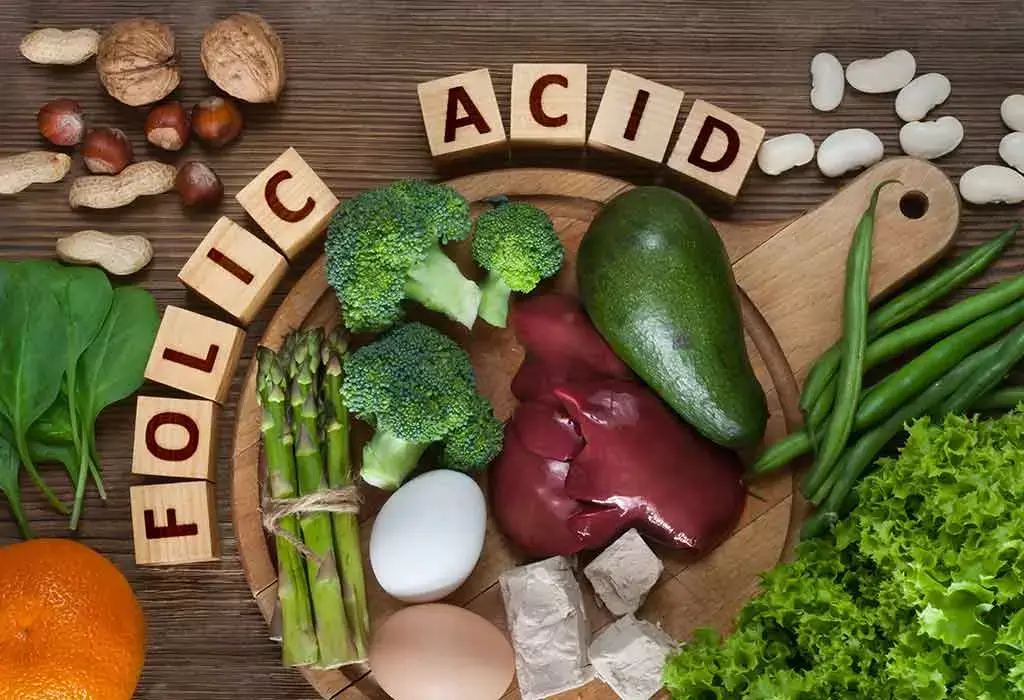- Home
- Medical news & Guidelines
- Anesthesiology
- Cardiology and CTVS
- Critical Care
- Dentistry
- Dermatology
- Diabetes and Endocrinology
- ENT
- Gastroenterology
- Medicine
- Nephrology
- Neurology
- Obstretics-Gynaecology
- Oncology
- Ophthalmology
- Orthopaedics
- Pediatrics-Neonatology
- Psychiatry
- Pulmonology
- Radiology
- Surgery
- Urology
- Laboratory Medicine
- Diet
- Nursing
- Paramedical
- Physiotherapy
- Health news
- Fact Check
- Bone Health Fact Check
- Brain Health Fact Check
- Cancer Related Fact Check
- Child Care Fact Check
- Dental and oral health fact check
- Diabetes and metabolic health fact check
- Diet and Nutrition Fact Check
- Eye and ENT Care Fact Check
- Fitness fact check
- Gut health fact check
- Heart health fact check
- Kidney health fact check
- Medical education fact check
- Men's health fact check
- Respiratory fact check
- Skin and hair care fact check
- Vaccine and Immunization fact check
- Women's health fact check
- AYUSH
- State News
- Andaman and Nicobar Islands
- Andhra Pradesh
- Arunachal Pradesh
- Assam
- Bihar
- Chandigarh
- Chattisgarh
- Dadra and Nagar Haveli
- Daman and Diu
- Delhi
- Goa
- Gujarat
- Haryana
- Himachal Pradesh
- Jammu & Kashmir
- Jharkhand
- Karnataka
- Kerala
- Ladakh
- Lakshadweep
- Madhya Pradesh
- Maharashtra
- Manipur
- Meghalaya
- Mizoram
- Nagaland
- Odisha
- Puducherry
- Punjab
- Rajasthan
- Sikkim
- Tamil Nadu
- Telangana
- Tripura
- Uttar Pradesh
- Uttrakhand
- West Bengal
- Medical Education
- Industry
Folic Acid Supplements may Benefit Patients with IBD

Folic acid deficiency may lead to an increased risk of numerous diseases, such as cardiovascular disease, neoplasms, and cognitive impairment. Vitamin B9 deficiency might also result in hyperhomocysteinemia and disorders of protein and DNA synthesis.
In a recent review article, researchers have reported that IBD patients present a higher risk of folic acid deficiency and require particular supervision. The article was published in the journal Nutrients on 12 November 2021.
Folic Acid in IBD:
Folic acid plays an important role in IBD patients. In a metanalysis, Yun et al. demonstrated that level of folate in IBD patients was significantly lower when compared to that of healthy groups. Studies have shown that the supplementation of folic acid may decrease the occurrence of side effects, mainly gastrointestinal disease, inflammation of the mucosa, and myelotoxicity. Dr Alicja Ewa Ratajczak and team noted, "In the case of IBD, folic acid deficiency is one of the most common causal agents of non-iron deficiency anaemia (NIDA), which may decrease the quality of life in patients. Simultaneously, patients suffering from IBD are at a higher risk of folic deficiency (e.g., with inflammation in the small intestine or following resection) and require adequate supervision."
Folic acid in Colorectal Cancer:
Patients with long-term ulcerative colitis or Crohn's Disease present an increased risk of colorectal cancer (CRC) associated with inflammation and dysplasia. Additionally, CRC related to IBD is associated with chromosomal instability, microsatellite instability, and hypermethylation. In the experimental study by Biasco et al., a three-month-long supplementation of folic acid resulted in decreased cell proliferation. A meta-analysis indicated that the supplementation of folic acid plays a protective role against the development of colorectal cancer. However, Dr Alicja Ewa Ratajczak et al, noted that there is no large, randomized study on the role of folic acid in the prevention of CRC in patients suffering from IBD.
Article Source : Nutrients
Medical Dialogues Bureau consists of a team of passionate medical/scientific writers, led by doctors and healthcare researchers. Our team efforts to bring you updated and timely news about the important happenings of the medical and healthcare sector. Our editorial team can be reached at editorial@medicaldialogues.in.
Dr Kamal Kant Kohli-MBBS, DTCD- a chest specialist with more than 30 years of practice and a flair for writing clinical articles, Dr Kamal Kant Kohli joined Medical Dialogues as a Chief Editor of Medical News. Besides writing articles, as an editor, he proofreads and verifies all the medical content published on Medical Dialogues including those coming from journals, studies,medical conferences,guidelines etc. Email: drkohli@medicaldialogues.in. Contact no. 011-43720751


